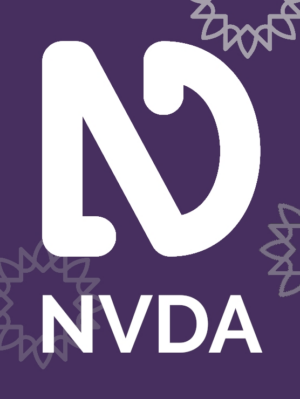The Release Candidate (RC) of NVDA 2024.3 is now available for download and testing. We encourage all users to download this RC and provide feedback. Unless any critical bugs are found, this will be identical to the final 2024.3 release. By installing the RC you will be opting into NVDA’s beta/RC channel, and will only receive update notifications for these builds. The beta/RC channel will always keep you up to date with latest NVDA version, identical to the latest stable build if no newer beta/RC is available. To return to the stable release channel, upgrade manually to the latest stable build.
Links
- Download NVDA 2024.3rc1
- SHA256 sum: 4a4e397c63f18ade171ca8c5a3547a0a222106b6c84a3964e7f472ade08c8920
- What’s new in this release of NVDA
- Please report any issues on GitHub.
Highlights
The Add-on Store will now notify you if any add-on updates are available on NVDA startup.
There are now options to apply Unicode normalization to speech and braille output. This can be useful when reading characters that are unknown to a particular speech synthesizer or braille table and which have a compatible alternative, like the bold and italic characters commonly used on social media. It also allows reading of equations in the Microsoft Word equation editor.
Help Tech Activator Pro braille displays are now supported.
Unassigned commands have been added to scroll the mouse wheel vertically and horizontally.
There are several bug fixes, particularly for the Windows 11 Emoji Panel and Clipboard history. For web browsers, there are fixes for reporting error messages, figures, captions, table labels and checkbox/radio button menu items.
LibLouis has been updated, adding new Braille tables for Cyrillic Serbian, Yiddish, several ancient languages, Turkish, and the International Phonetic Alphabet. eSpeak has been updated, adding support for the Karakalpak language. Unicode CLDR has also been updated.
